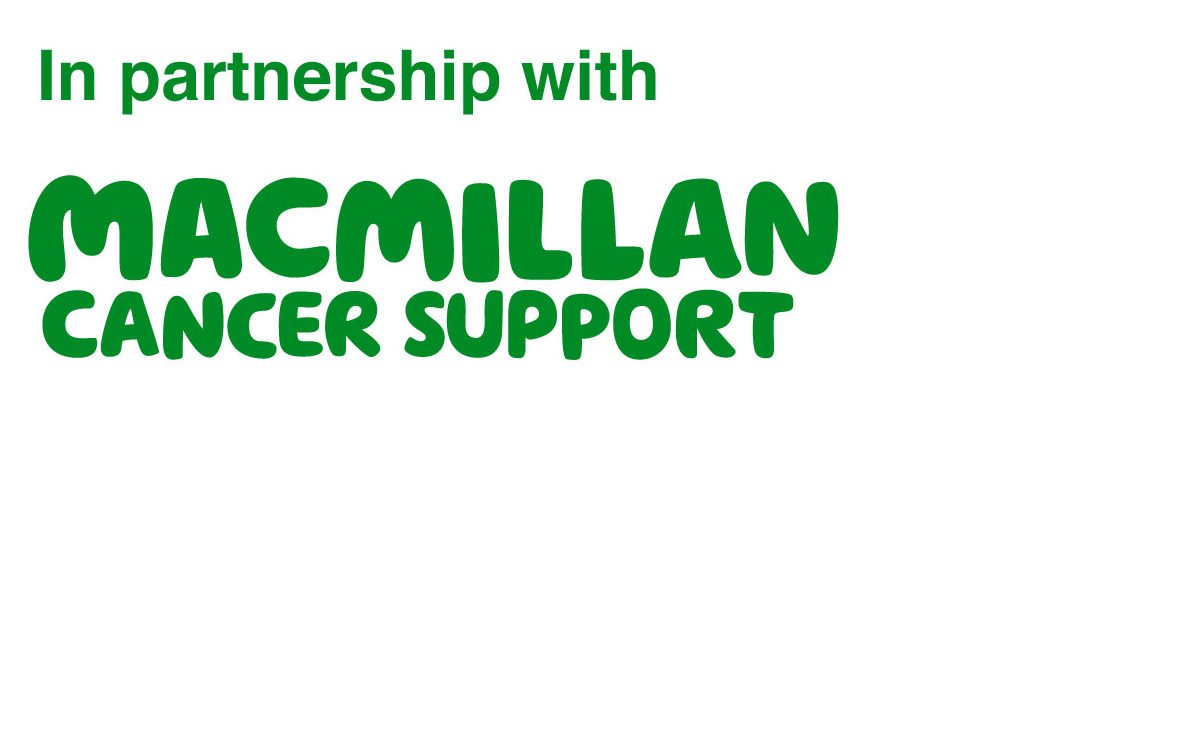Skin rash
Symptoms might include: redness, scaly skin, bumpy skin, itchy and irritated skin, accompanied by tenderness, sensitivity to touch, tightness of the skin, flaking or peeling of the skin, soreness or severe pain.
Questions
- What anti cancer therapy is the patient receiving and when was the last treatment?
- Is the patient receiving any of the following: erlotinib, gefitinib, cetuximab, panitumumab, capecitabine, paclitaxel, docetaxel or immunotherapy?
- Has the patient received radiotherapy within the last 6 weeks?
- Has the patient had a stem cell/bone marrow transplant? (graft versus host disease)
- Has the patient started any new medication including any antibiotics?
- Does the patient have a history of skin complaints?
- Where is the skin rash and what does it look like (localized/widespread; flat/raised; ulcer/pustules/peeling/vescicles/bleeding)? Is it itchy?
- Is the patient otherwise well? Does the patient have any signs of infection?
- Has the patient been in contact with chicken pox/shingles, recently? Has the patient ever had chicken pox?
Toxicity scale differs for EGFR antagonists
Grade 1 (Green)
Scattered macular or papular eruption or erythema, asymptomatic
Advice
Ensure patient is not neutropenic or thrombocytopenic
Advise:
- Good fluid intake
- Avoid hot bath/tight clothes/synthetic fabrics
- Avoid sun exposure; use sun block and hat
- Use mild soaps/cleansers/detergents and limit contact with water
- Hypoallergenic make up and moisturiser
- Anti-histamine, topical creams and/or lotions
Grade 2 (Amber)
Scattered macular or papular eruption or erythema, with pruritus or other associated symptoms
Advice
Ensure patient is not neutropenic or thrombocytopenic
Advise:
- Good fluid intake
- Avoid hot bath/tight clothes/synthetic fabrics
- Avoid sun exposure; use sun block and hat
- Use mild soaps/cleansers/detergents and limit contact with water
- Hypoallergenic make up and moisturiser
- Anti-histamine, topical creams and/or lotions
Grade 3 (Red)
Generalised symptomatic macular, papular or vescicular eruption
Advice
Ensure patient is not neutropenic or thrombocytopenic
General advice as per Grade 1 and 2
Analgesia
Interrupt treatment until discussed with Acute Oncology team
Grade 4 (Red)
Exfoliative dermatitis or ulcerating dermatitis
Advice
Ensure patient is not neutropenic or thrombocytopenic
General advice as per Grade 1 and 2
Analgesia
Interrupt treatment until discussed with AOS
Dermatology review
Consider admission for support and further assessment
Handover management with patient’s team, discuss all interruptions of treatment with team +/- AOS prior to proceeding.
Arrange follow up review as necessary.
Initial assessment – patient seen in AOCU
- Read specific drug information sheet in addition to general guidance
- Interrupt SACT/chemotherapy including oral chemotherapy drugs, if applicable, until discussed with the Acute Oncology Service Team
Initial assessment
- Observation: temperature, Pulse, Saturation of Oxygen, respiratory rate. Early Warning Score (nEWS)
- Investigations: FBC, U&E, CRP
History to include:
- What chemotherapy is the patient on and when was the last treatment/tablet?
- See drug specific information sheet
- Is the patient on any of the erlotinib, gefitinib, cetuximab, panitumumab, capecitabine, paclitaxel, docetaxel or immunotherapy?
- Is there any other associated symptoms such as diarrhoea, mucositis, temperature?
- What part of the body is affected?
- Is the patient able to walk normally? To swipe his/her phone?
- Any recent new medications?
- Check bloods (FBC, U&E, CRP, blood cultures if suspecting neutropenic sepsis)
- Full physical examination
Treatment
- Assess fluid balance and establish IV access if signs of dehydration or sepsis
- Treat any infected lesions as appropriate
- Delineate and record affected areas
- If ulcers: consider topical acyclovir if on lips or mouth, consider IV acyclovir if haematology patient
- Anti-histamine for pruritus
- Pyrexia (T> 38°C) and grade 3 – initiate neutropenic sepsis protocol – do not wait for FBC
- Topical moisturizing cream/lotion
- Re-assess daily
- Dermatology review if any concern
- Ensure general care measures:
- Oral intake
- Keep area clean and dry
- Avoid hot bath/tight clothes
- Mild soaps/cleansers/detergents
- Consider prescribing:
- Topical creams/lotions
- Anti-histamines
- Analgesia
- Appropriate antibiotics if infected
